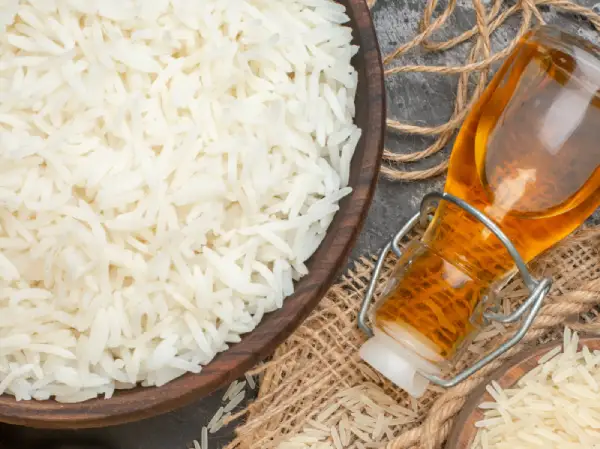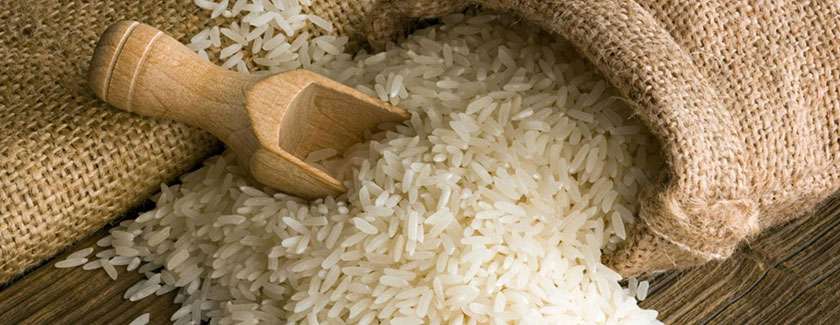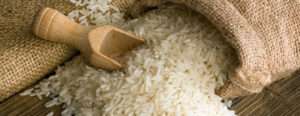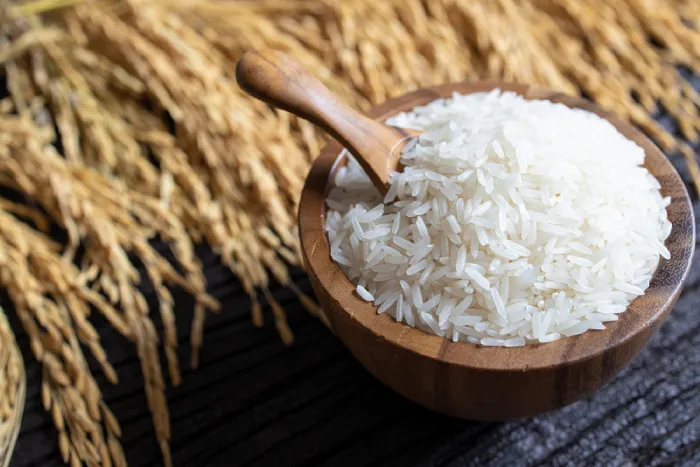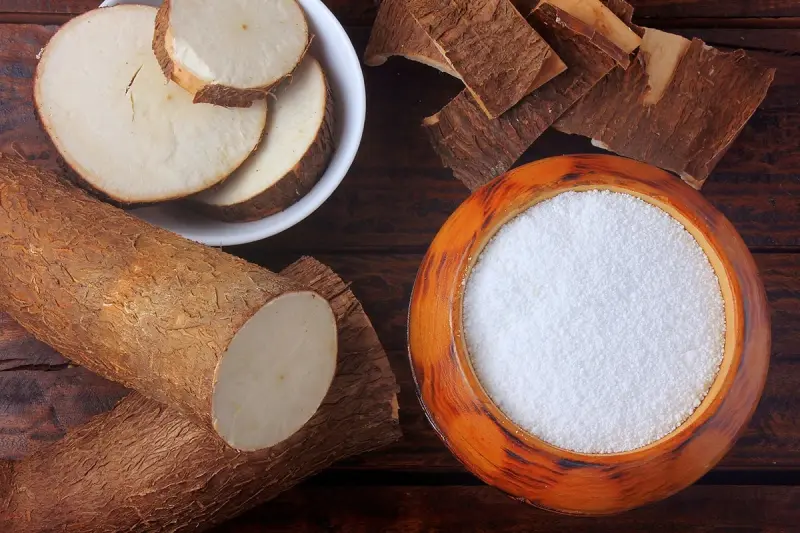Rice syrup, a natural sweetener derived from rice, has been gaining popularity as a healthier alternative to traditional sweeteners. Basically, its unique production process and the benefits it offers make it a versatile choice in various industries. Let’s delve into the science behind rice syrups, how they are made, and why they have become a popular choice.
How Rice Syrups Are Made
The process of making rice syrup begins with enzymatic hydrolysis that break down the starches into simpler sugars. This enzymatic hydrolysis transforms the complex carbohydrates into a mixture of sugars, primarily maltose and glucose. Once the desired level of sweetness is achieved, the liquid is concentrated to create a thick, syrupy consistency.
Traditional vs. Modern Methods
Traditionally, rice syrup was made by adding sprouted barley grains to cooked rice, which provided the necessary enzymes for saccharification. The modern method, however, often involves the use of bacterial or fungal enzymes to streamline the process. The liquid is then strained and reduced by evaporative heating until it reaches the desired consistency.
Why Rice Syrup Is a Popular Choice In Various Industries
Natural and Healthier Sweetener
Rice syrup is considered a natural and healthier sweetener. Especially it is free from fructose, which means it doesn’t have the same potential negative effects on liver function as high-fructose corn syrup.
Clean Label and Gluten-Free
With the growing demand for clean label and gluten-free products, rice syrup fits the bill perfectly. However, it is naturally gluten-free and does not undergo any chemical refinement, making it suitable for individuals with dietary restrictions.
Versatility in Applications
Rice syrup’s versatility makes it a valuable ingredient across various industries. It can be used in baking, confectionery, health food, and beverages. Its mild flavor and thick consistency make it an excellent binding agent in granola bars and other products.
Market Growth and Consumer Demand
The rice syrup market is experiencing growth due to increasing consumer demand for natural and healthier sweeteners. Its clean label profile, gluten-free properties, and versatility in food and beverage applications contribute to its rising popularity.
Applications in Various Industries
Generally, Rice syrup’s unique properties have made it a favorite in several industries:
- Food and Beverage: It’s used as a sweetener in beverages, as a binding agent in bars and snacks, and as a sugar substitute in baking.
- Health Food: Especially in the health food sector, rice syrup serves as a sweetener that aligns with the nutritional profiles of many diet plans.
- Pharmaceuticals: Its binding properties are also utilized in the pharmaceutical industry to create certain types of medication coatings.
Conclusion
Rice syrup represents a convergence of tradition and innovation, offering a sweetener that is both health-conscious and versatile. Its production process, rooted in natural enzymatic reactions, and its suitability for various dietary needs make it a staple in the food industry’s move towards more natural and healthful ingredients. However, As consumers continue to seek out better alternatives to refined sugars, rice syrup stands out as a sweet solution that caters to both taste and well-being.
FAQs
Is rice syrup a healthier alternative to traditional sweeteners?
Yes, rice syrup is considered a healthier option. It lacks fructose, which means it doesn’t have the same negative impact on liver function as high-fructose corn syrup. Additionally, its lower glycemic index leads to a slower increase in blood sugar levels.
How is rice syrup made?
Rice syrup is produced by fermenting cooked rice with enzymes that break down starches into simpler sugars. The resulting liquid is then concentrated to achieve the desired syrupy consistency.
What are the traditional and modern methods of making rice syrup?
Traditionally, sprouted barley grains were added to cooked rice to provide the necessary enzymes for saccharification. In modern methods, bacterial or fungal enzymes are often used to streamline the process.
In which industries is rice syrup commonly used?
Certainly, Rice syrup finds applications in various industries:
- Food and Beverage: It serves as a sweetener in beverages and a binding agent in bars and snacks.
- Health Food: Used in health-conscious products due to its nutritional profile.
- Pharmaceuticals: Its binding properties are utilized in certain medication coatings.
Why is rice syrup gaining popularity?
Consumer demand for natural and healthier sweeteners has contributed to rice syrup’s rising popularity. Its clean label, gluten-free properties, and versatility in food and beverage applications make it a sought-after choice.



